Tehran slams West-sponsored statement critical of Iran-IAEA cooperation
Tehran has rejected a Western-sponsored anti-Iran statement issued during the IAEA’s Board of Governors meeting on Wednesday, saying it is politically motivated.
The statement accused Iran of non-compliance with its safeguards commitments. The document, signed by 62 IAEA member states, called upon Iran to take steps to address outstanding safeguards issues and provide the IAEA with information concerning its new nuclear facilities.
Nasser Kan'ani, the spokesman for the Iranian Foreign Ministry, said Iran and the IAEA have made “considerable progress” in boosting cooperation based on a joint statement issued in March.
He said this course has led to the settlement of several issues, and talks are ongoing on the settlement of other issues, which he said are of political origins.
The spokesman stressed that Iran is committed to cooperation with the agency under the safeguards agreement with the IAEA.
“It’s a regret that England, Germany, France and the US, which have certain motivations and positions against Iran, have made Iran-IAEA technical cooperation a subject of their political moves,” he said, adding that the Western states did this in the name of defending the agency and the safeguards, but they aimed to distort the reality of Iran’s sincere cooperation with the agency.
“Of course this measure is not new and also not surprising. In the previous Board of Governors meeting, they had a similar show in the form of verbal attacks and accusations against Iran,” he said.
The spokesman said Iran will show reaction to the latest move as soon as possible, stressing that attempts at placing pressure on Iran at the IAEA’s Board of Governors would backfire.
He also hailed a statement in support of the Iran-IAEA cooperation issued by nine countries during the Board of Governors meeting on Wednesday.
That statement, signed by countries including China, Russia, Syria and Venezuela, supported Tehran’s cooperation with the IAEA. It said that Iran’s interactions with the agency should be carried out in a non-political manner, free from external interference, and aimed at resolving the outstanding issues.
Iran has scaled back its commitments under the JCPOA in several phases as stipulated in Articles 26 and 36 of the UN-endorsed accord, starting a year after the US withdrew from the deal and re-imposed its sanctions against Tehran.
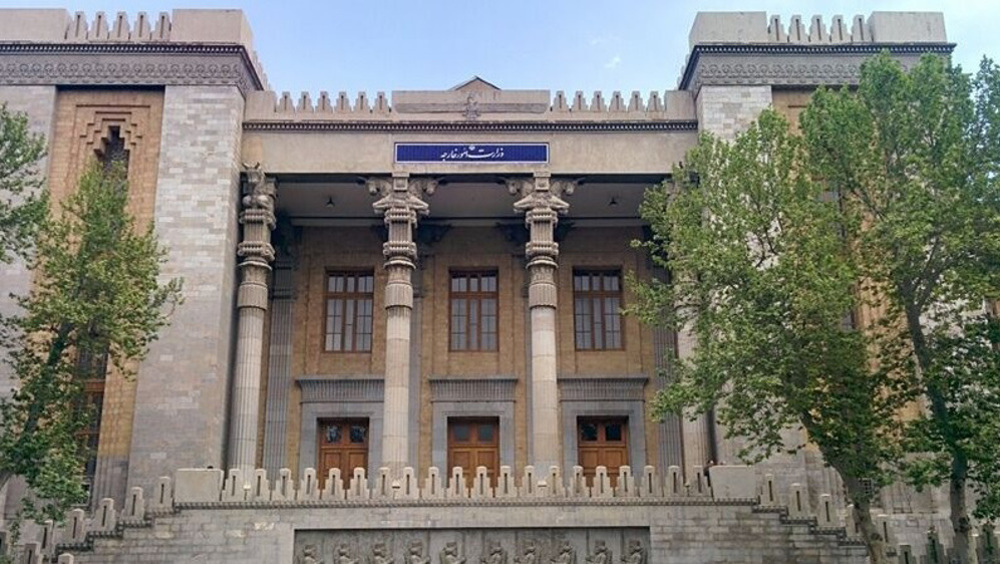
Iran summons Polish envoy over 'baseless, biased' drone claims
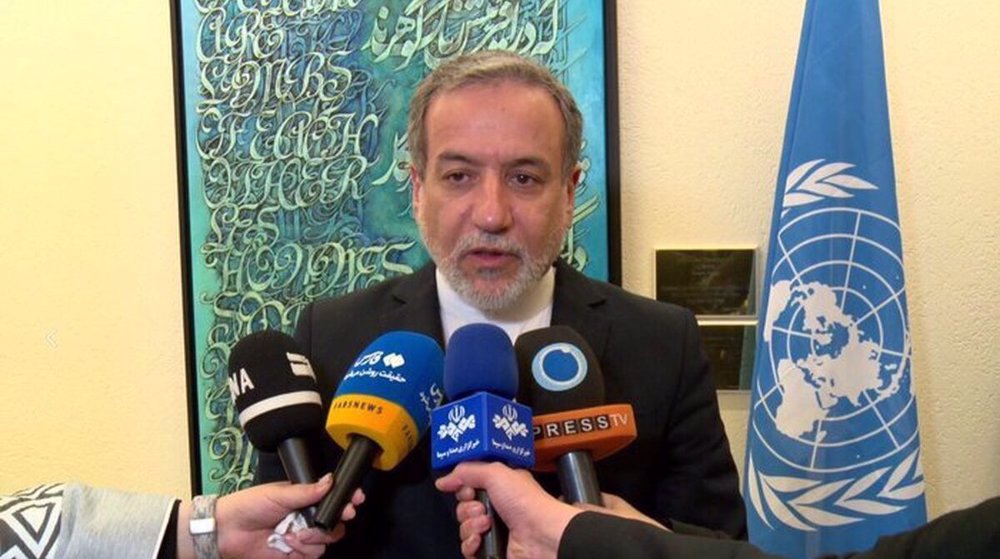
‘Misguided policies’: Araghchi says unjust sanctions inflict suffering on innocent Iranians
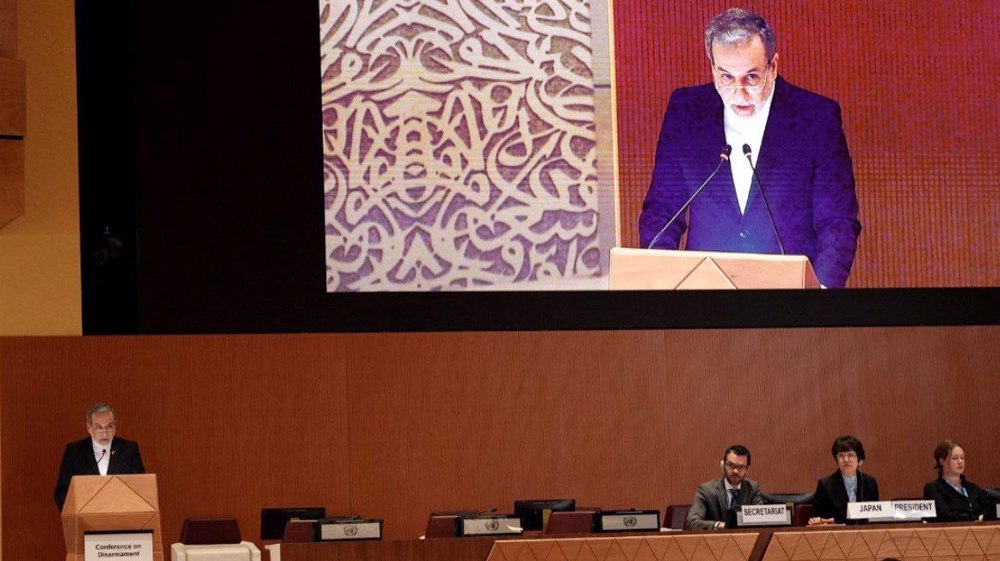
‘Grave threat’: Iran says Israel’s nukes endangering world, blasts US nuclear spending spree
Hezbollah's display of power proved resistance cannot be eliminated: Iran parl. speaker
Israel escalates West Bank raids as official says regime seeking to complete Gaza genocide
Australian senator smeared by anti-Iran groups for saying Iranian women 'have a voice'
Palestinian man dies in Israeli prison as Foreign Ministry urges intl. probe into regime’s crimes
Putin says not opposed to Europeans’ involvement in Ukraine talks
VIDEO | Iranian Kurdish protesters demand European action against PKK, PJAK terror
VIDEO | Israel expands offensive in northern West Bank, deploys tanks to Jenin
VIDEO | Spaniards fill streets of Cádiz in solidarity with Palestine


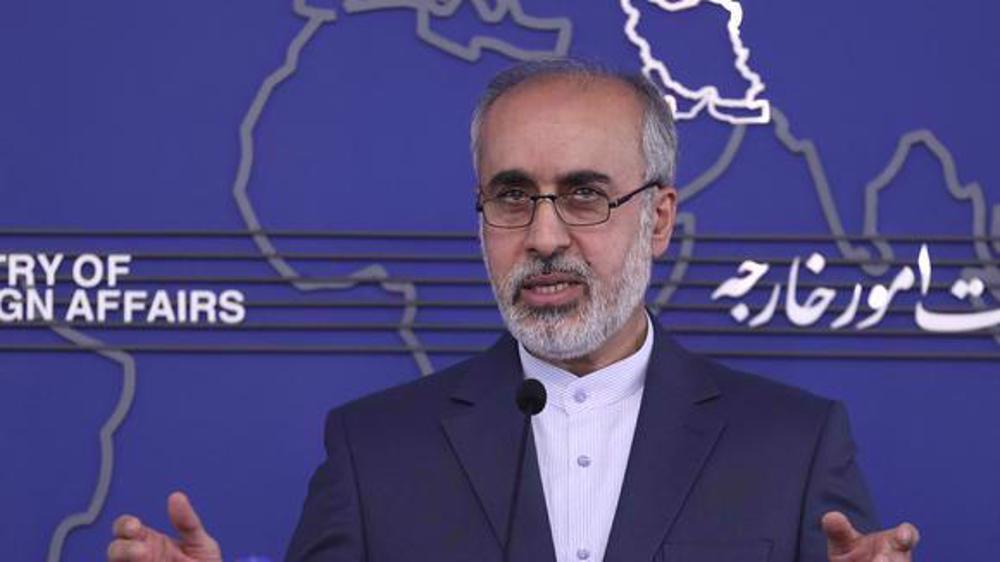
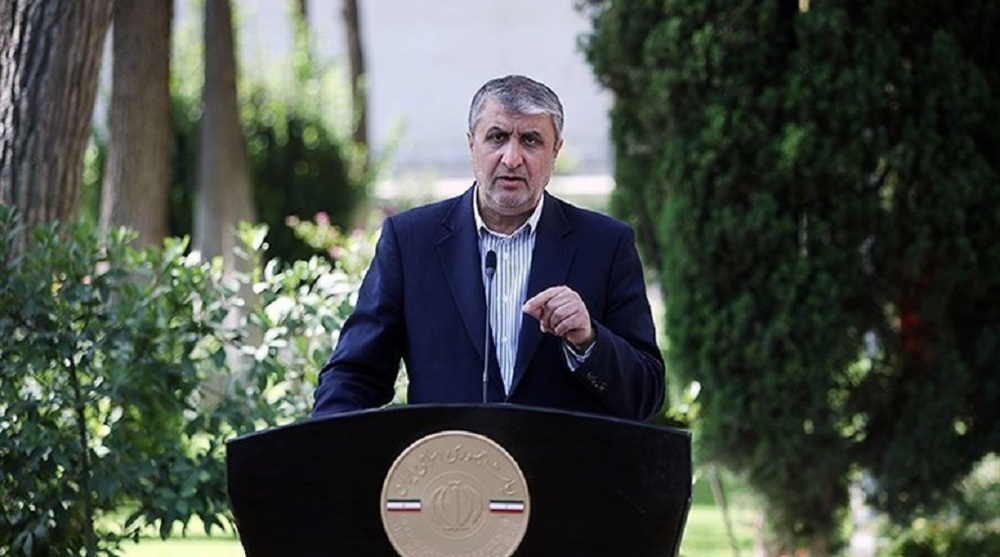



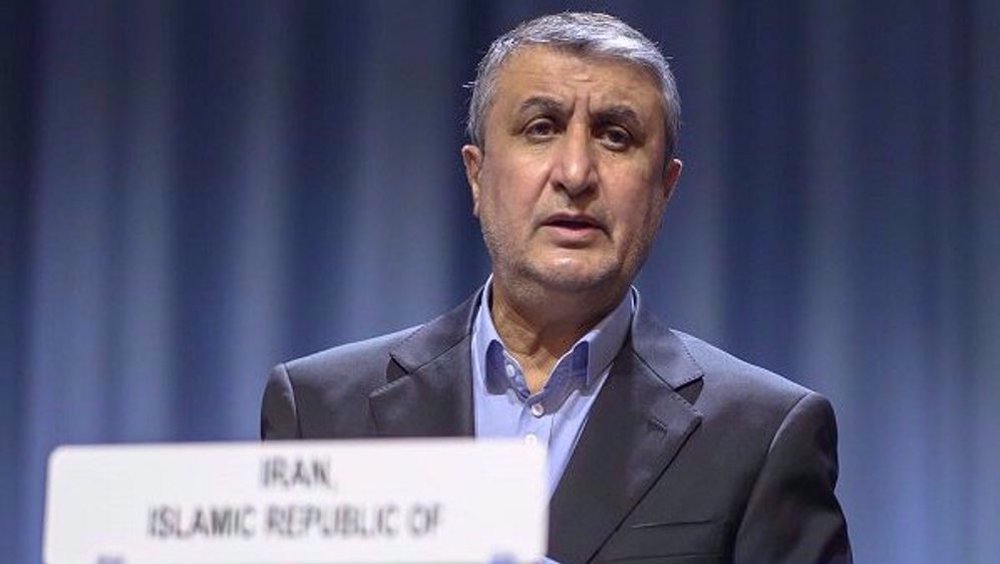
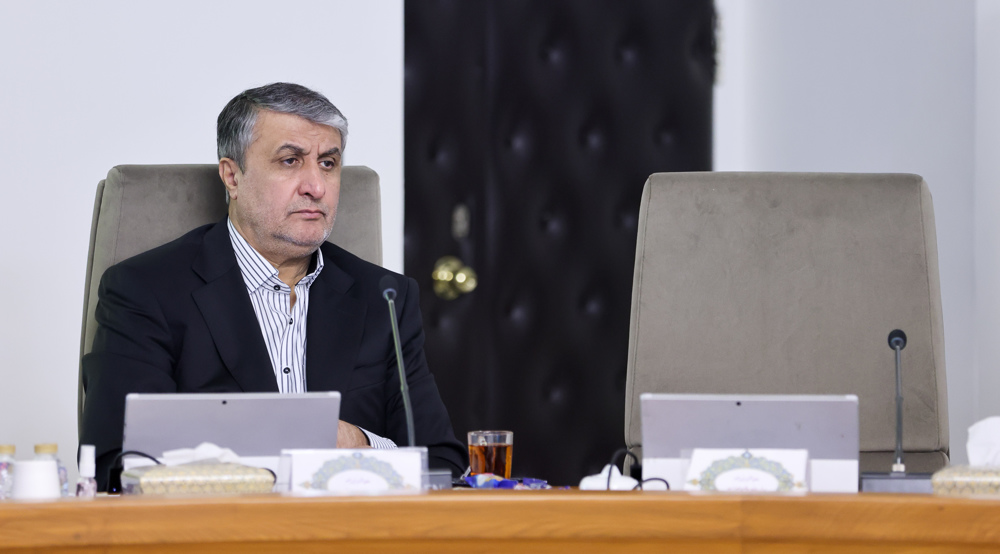
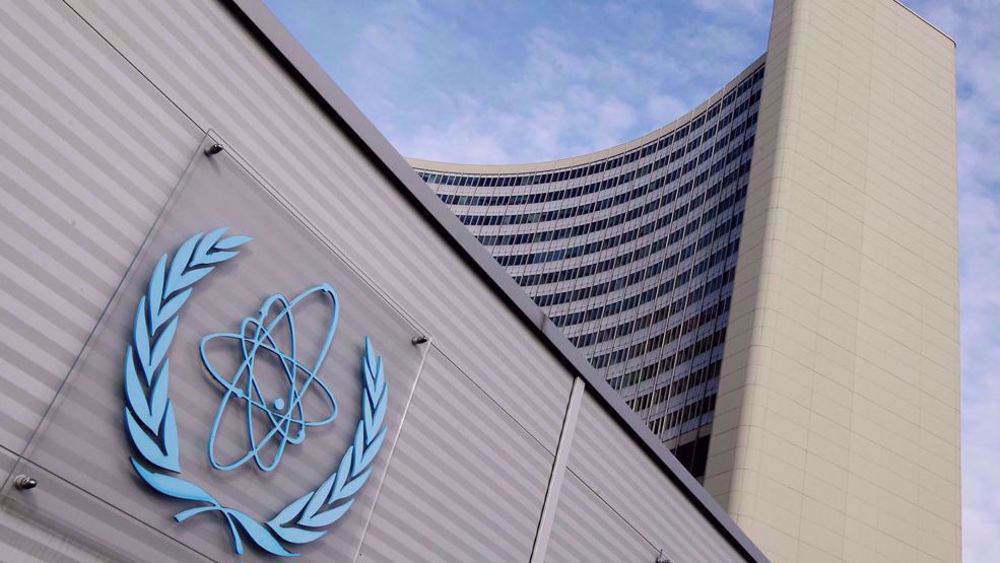
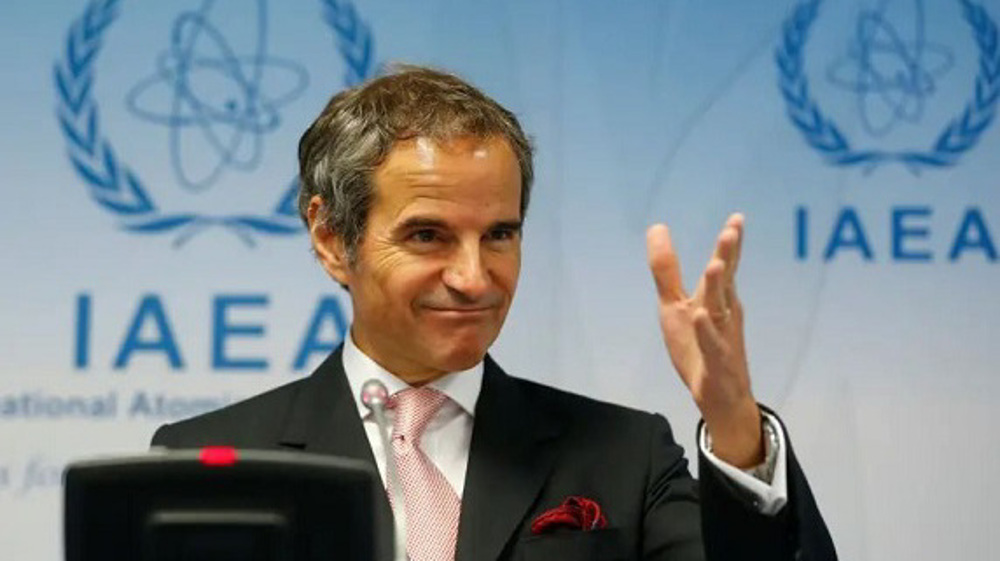

 This makes it easy to access the Press TV website
This makes it easy to access the Press TV website